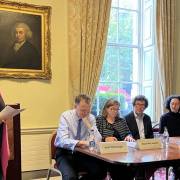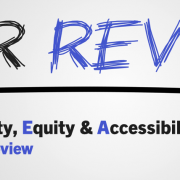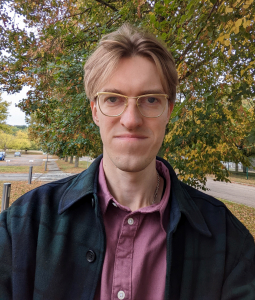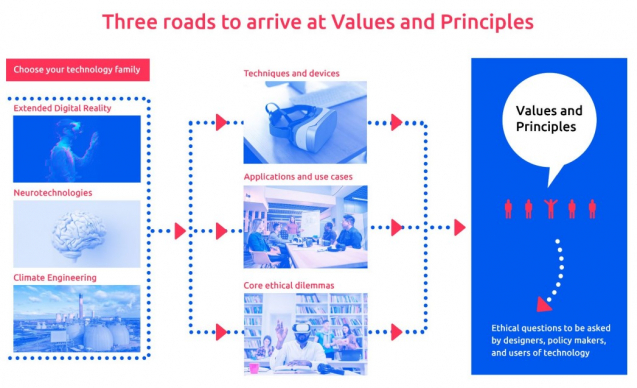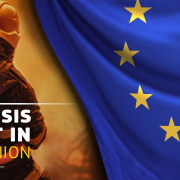ALLEA is proud to continue its partnership with the Breakthrough Prize for the upcoming 2024 awards in fundamental physics, life sciences, and mathematics. The Breakthrough Prize is a highly prestigious international award, recognising groundbreaking research and advancements in these fields. We encourage members of the European scientific community to nominate deserving individuals and teams for these awards, and to showcase the outstanding contributions of European scientists to the global research community.
Press release, The Breakthrough Prize, 19 January 2023
The public nomination period for the 2024 Breakthrough Prizes in Fundamental Physics, Life Sciences and Mathematics is now open. Nominations can be submitted online today through 1 April 2023. While self-nominations are prohibited, anyone may nominate another person. The nomination forms and rules are available at breakthroughprize.org.
For the 12th year, the Breakthrough Prize, recognized as the world’s largest science prize, will honor top scientists, handing out three prizes in Life Sciences, one in Fundamental Physics and one in Mathematics. Each prize comes with a $3 million award. In addition, six New Horizons Prizes, each for $100,000, will be available to promising early-career researchers in the fields of Physics and Mathematics. Nominations will also be taken for the Maryam Mirzakhani New Frontiers Prize, an annual $50,000 award presented to early-career women mathematicians who have completed their PhDs within the previous two years.
The Breakthrough Prize, dubbed ‘The Oscars of Science,’ hosts an annual globally broadcast gala awards ceremony to celebrate the laureates’ achievements and to foster broad popular support for scientific endeavors and inspire the next generation of scientists. The cohort of 2023 laureates was announced in September 2022.
For the seventh year, the Breakthrough Prize will partner with two prestigious institutions – the European Federation of Academies of Sciences and Humanities (ALLEA) and ResearchGate – to directly engage with researchers and the science community.
ALLEA brings together more than 50 academies from over 40 countries, with members leading scholarly enquiry across all fields of the natural sciences, social sciences, and humanities.
ResearchGate is the professional network for researchers. Over 20 million researchers use researchgate.net to share and discover research, build their networks, and advance their careers. Based in Berlin, ResearchGate was founded in 2008. Its mission is to connect the world of science and make research open to all. ResearchGate members are encouraged to nominate their peers for the 2024 prizes in Fundamental Physics, Life Sciences, and Mathematics.
Selection Committees are composed of previous Breakthrough Prize laureates, who select the winners from the list of candidates generated during the nomination period.
Breakthrough Prize in Fundamental Physics
One 2024 Breakthrough Prize in Fundamental Physics ($3 million) will recognize an individual or individuals who have made profound contributions to human knowledge. It is open to theoretical and experimental physicists. The prize can be shared among any number of scientists. Nominations are also open for the New Horizons in Physics Prize, which will include up to three $100,000 awards for early-career researchers who have already produced important work in their fields.
The Selection Committee for the 2024 physics prizes includes: Eric Adelberger, Nima Arkani-Hamed, Charles H. Bennett, Charles L. Bennett, Sheperd Doeleman, Michael Green, Jens Gundlach, Alan Guth, Blayne Heckel, Joseph Incandela, Charles Kane, Hidetoshi Katori, Alexei Kitaev, Andrei Linde, Arthur McDonald, Juan Maldacena, Eugene Mele, Lyman Page, Saul Perlmutter, Alexander Polyakov, Adam Riess, John Schwarz, Nathan Seiberg, Ashoke Sen, Eva Silverstein, David Spergel, Andrew Strominger, Cumrun Vafa, Ewine F. van Dishoeck, Yifang Wang, Rainer Weiss, Edward Witten, and Jun Ye.
Breakthrough Prize in Life Sciences
Three 2024 Breakthrough Prizes in Life Sciences ($3 million each) will be awarded to individuals who have made transformative advances in comprehending living systems and extending human life. One of the prizes is designated for progress in understanding of Parkinson’s disease or other neurodegenerative disorders.
The Selection Committee for the 2024 Breakthrough Prize in Life Sciences includes: David Allis, James Allison, Victor Ambros, David Baker, Shankar Balasubramanian, Cornelia Bargmann, Alim Louis Benabid, Frank Bennett, David Botstein, Edward Boyden, Clifford P. Brangwynne, Lewis Cantley, Emmanuelle Charpentier, Zhijian “James” Chen, Joanne Chory, Don Cleveland, Hans Clevers, Karl Deisseroth, Titia de Lange, Mahlon DeLong, Jennifer Doudna, Catherine Dulac, Stephen Elledge, Napoleone Ferrara, Jeffrey Friedman, Michael Hall, John Hardy, Ulrich Hartl, Demis Hassabis, Helen Hobbs, Arthur Horwich, Anthony A. Hyman, John Jumper, David Julius, Katalin Karikó, Jeffery W. Kelly, David Klenerman, Adrian Krainer, Eric Lander, Robert Langer, Virginia Lee, Richard Lifton, Dennis Lo, Pascal Mayer, Emmanuel Mignot, Kazutoshi Mori, Kim Nasmyth, Harry Noller, Roeland Nusse, Yoshinori Ohsumi, Svante Pääbo, Gary Ruvkun, Charles Sawyers, Alexander Varshavsky, Bert Vogelstein, Peter Walter, Robert Weinberg, Drew Weissman, Shinya Yamanaka, Masashi Yanagisawa, Richard Youle, Xiaowei Zhuang, and Huda Zoghbi.
Breakthrough Prize in Mathematics
One 2024 Breakthrough Prize in Mathematics ($3 million) will be awarded to an individual who has made outstanding contributions to the field of mathematics. Nominations are also open for the New Horizons in Mathematics Prize, which will include up to three $100,000 awards for early-career researchers who have already produced important work in their fields. In addition, up to three $50,000 Maryam Mirzakhani New Frontiers Prizes will be presented to early-career women mathematicians who have completed their PhDs within the previous two years (2019, 2020).
The Selection Committee for the 2024 mathematics prizes includes: Ian Agol, Alex Eskin, Simon Donaldson, Martin Hairer, Maxim Kontsevich, Christopher Hacon, Vincent Lafforgue, Jacob Lurie, James McKernan, Takuro Mochizuki, Daniel Spielman, Terence Tao, and Richard Taylor.
Information on the Breakthrough Prizes is available at breakthroughprize.org.
About ALLEA
ALLEA is the European Federation of Academies of Sciences and Humanities, representing more than 50 academies from over 40 countries in Europe. Since its foundation in 1994, ALLEA speaks out on behalf of its members on the European and international stages, promotes science as a global public good, and facilitates scientific collaboration across borders and disciplines. Jointly with its Member Academies, ALLEA works towards improving the conditions for research, providing the best independent and interdisciplinary science advice, and strengthening the role of science in society. In doing so, it channels the intellectual excellence and experience of European academies for the benefit of the research community, decision-makers, and the public.
About ResearchGate
ResearchGate is making research more efficient. Over 20 million researchers use researchgate.net to connect with peers, share and discover the latest research, and advance their careers. Based in Berlin, ResearchGate was founded in 2008. Its mission is to connect the world of science and make research open to all.
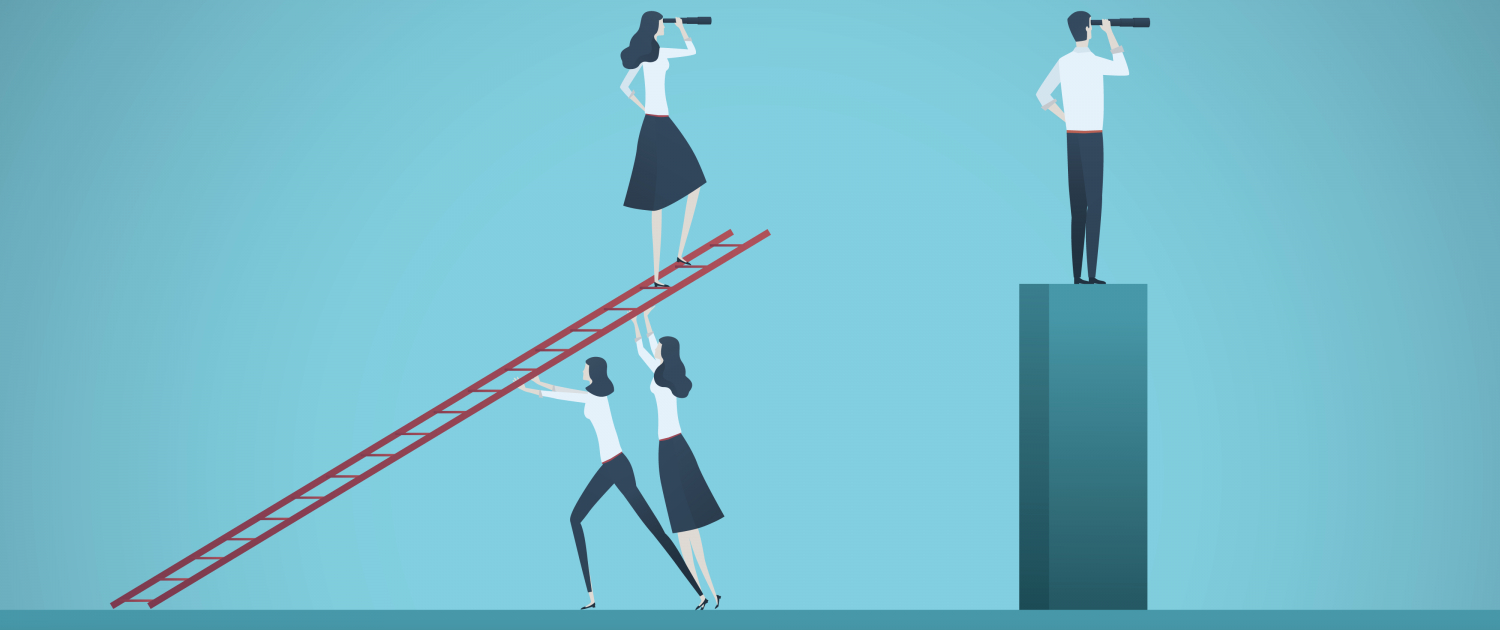
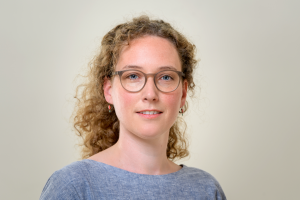

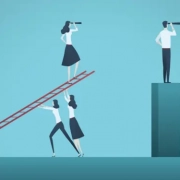
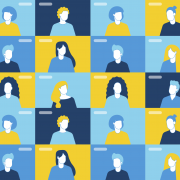
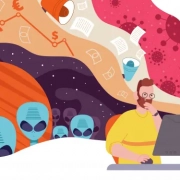
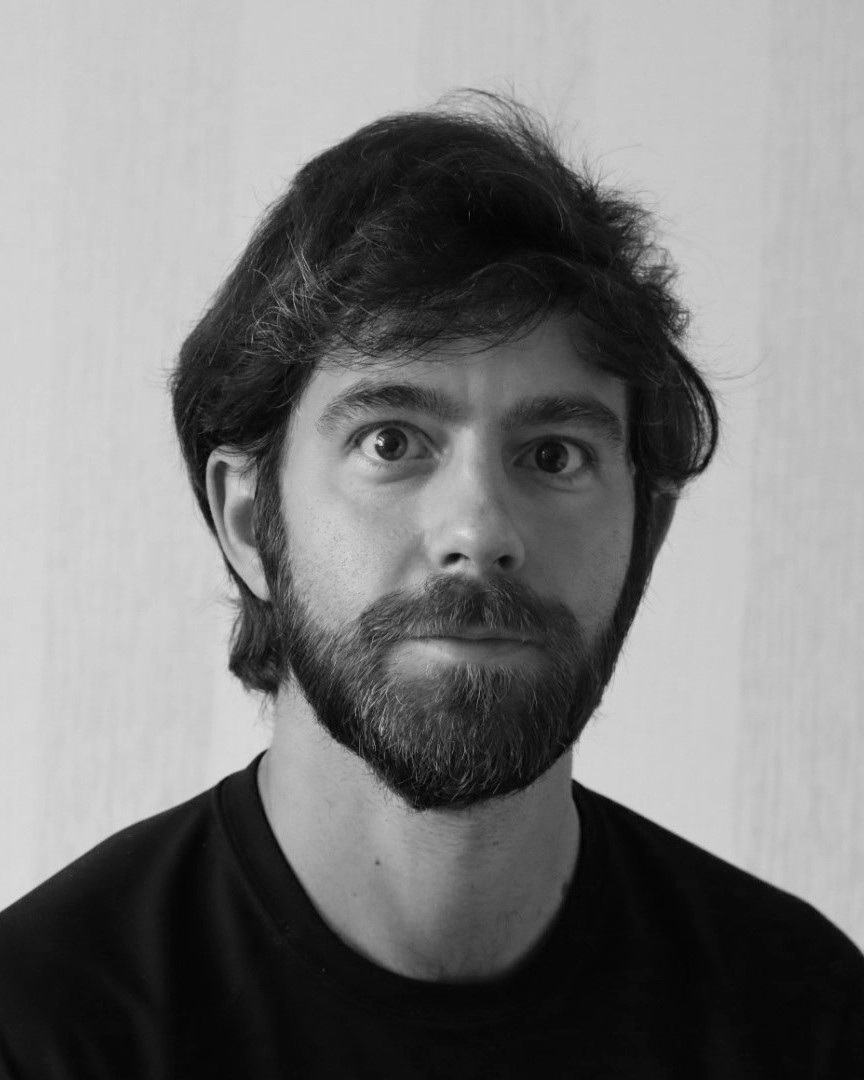 fighting science mis- and disinformation with evidence-based tools and resources is of paramount importance, not just for the scientific community, but for policymakers, the media, and the public.
fighting science mis- and disinformation with evidence-based tools and resources is of paramount importance, not just for the scientific community, but for policymakers, the media, and the public. 
